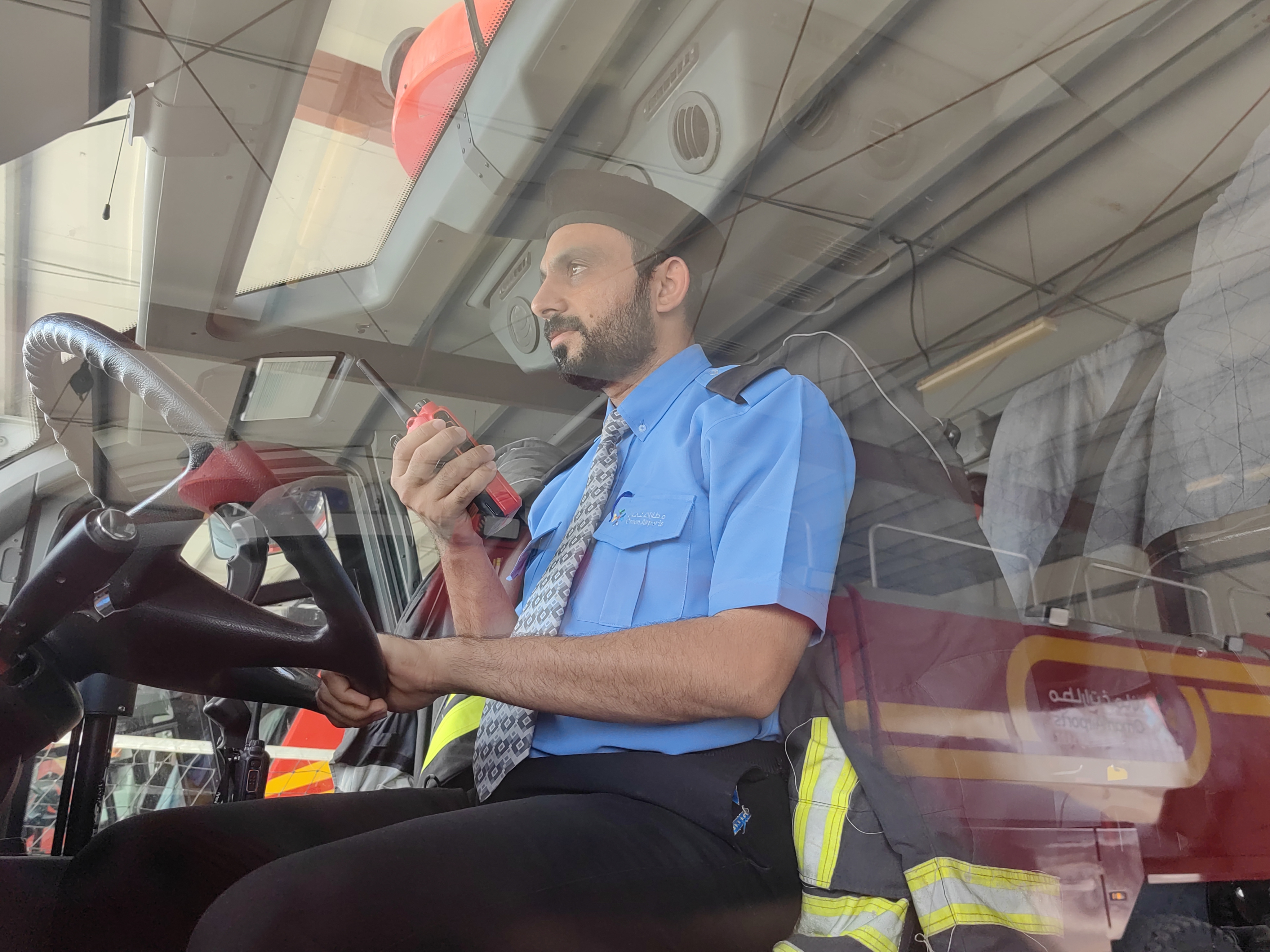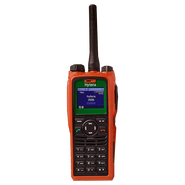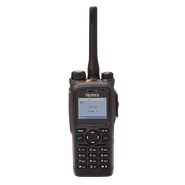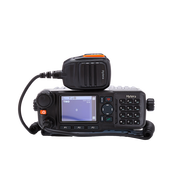The Background
Oman Airports is a government-owned company that manages and operates the civil airports in the Sultanate of Oman and provides integrated airport operations and infrastructure management. Services include: on-ground services, Fuel Supplier, terminal buildings, Fire services department, cargo buildings and cargo ground handling, runways, aprons, car parking and other facilities.
There are four civil airports under its management: Muscat International Airport; Salalah Airport; Duqm Airport; and Sohar Airport. It also manages three PDO (Petroleum Development Oman) airports and some OXY (Occidental) airports, an international oil and gas exploration and production company. Recently, Oman Airports decided it needed to upgrade the radio communications networks at Sohar and Duqm Airports.
The Challenge: Implementing modern digital radio networks with enhanced coverage and audio quality at two Omani airports
The problem at Sohar Airport was that the existing analog radios did not provide adequate signal coverage to support seamless communications across the whole airöeld. Nor did they deliver a high enough quality audio performance to cope with the high noise levels and interference at the airport.
The system also suffered from a shortage of radio channels, which hampered the creation of talk groups and meant calls sometimes had to queue to get a free radio slot. Oman Airports decided to invest in a modern digital radio system to solve the lack of coverage issue, which was especially acute on the runway and airside areas, and to improve the quality and capacity of its radio communications traffic and services.
Duqm Airport’s radio system also suffered from a lack of complete geographic coverage and poor audio performance. But the problems here were compounded by the lack of training and support from the existing radio system suppliers.
Oman Airports wanted to move to a more advanced radio system with better backup service and support from the manufacturer and its dealer channel.
The Solution

Oman Airports chose a Hytera TETRA digital two-way radio system to replace the old radio networks at both airports. The solution included the latest version of the company’s TETRA DIB-R5 Advance base station and its PV11.5 software platform, which can support øexible third-party integration.
The TETRA system solved the problem of the limited number of radio channels in the old systems, as it is based on 4-slot TDMA technology. By providing four user channels on one radio carrier, the TETRA solution was able to provide adequate capacity to support the large numbers of users and different talk groups required without the necessity of call queuing.
The system is capable of handling high radio traffic scenarios, while maximizing available capacity across dynamic user groups and coping with the challenging site geographies of the airports.
As per Oman Airport’s requirements, the DIB-R5 Advance system has adopted a distributed architecture to help reduce costs and to guarantee extended coverage. The solution uses Sinclair antennas to overcome the RF challenges such as high–rise buildings, tunnels and underground areas.
In addition, the solution utilizes an IP-based system architecture and centralized networking to intelligently manage resources. The solution provides high availability standby and multi-level fallback solutions to ensure high network reliability, which is essential given how important mission critical communications are for an airport.
The poor sound quality of the previous analog radio systems has been overcome by the better quality of the digital audio and the noise cancellation technology in the Hytera TETRA system and radio terminals.
The Benefits
More Capacity
The Hytera radio system solved the issue of limited channel availability to deliver more capacity through the 4- channels per carrier TETRA technology. The solution provides a highly reliable system with easy user network and radio fleet management.
Enhanced Coverage
Hytera provided Oman Airports with a factory upgrade and an onsite RF inspection, so that communication blind spots could be eliminated and the coverage augmented to cover the whole of the airfields, terminals, underground spaces and cargo buildings.
Voice Recording
Hytera also supplied a TETRA MRPS voice recording system which supports a multi-classiöcation feature to enable different end-users to separately manage recordings.
‘Intrinsically Safe’ Radios
Hytera supplied its PT790Ex intrinsically safe handheld terminals, which meet the European ATEX directives, FM and IEC standards. The radio is the only ‘ia’ certified radio in the world. This means it has the highest level of protection, as it can continue to be operated safely in potentially hazardous environments even after two consecutive malfunctions.
Ongoing Customer Support
Hytera has since upgraded the PT580H plus and PT790Ex handsets with its new generation intrinsically-safe radio PT890Ex handheld radio and PT590 handheld radio. These devices support Type-C charging and Wi-Fi programming and can support Bluetooth earpieces to provide the customer with a better hands-free user experience.
Worker Safety
All the TETRA radios provide GPS positioning and tracking to allow staff to be monitored and they offer man down and lone workers alarms to help keep the workforce safe. They are also extremely tough as they meet IP67 standards for resistance to dust and water ingress.
Multiple Applications
The TETRA system offers many features to help manage the users and radio fleet through its user-friendly interface software. As well as the digital call recording feature, it enables the live tracking of devices, geofencing and other features.
The Hytera TETRA two-way radio solutions deployed at Sohar and Duqm Airports have provided Oman Airports with a modern digital radio system with more than sufficient capacity and coverage. The system supports many more features and applications such as GPS tracking, voice recording, worker safety alarms and over the air programming for easier øeet maintenance and upgrading.
Customer Testimonial
Hytera team are professional and always ready to understand and support the customer. —Hanif Dad Mohammed Al Bulushi, Senior Communication System Engineer




